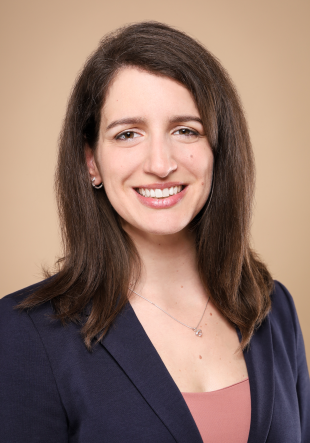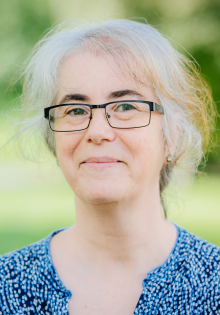Paderborn University scientists honoured with research award
With the new Climate Protection Act, Germany has committed itself to achieving greenhouse gas neutrality by 2045. To achieve this, emissions must be avoided, CO2 removed from the atmosphere and fossil fuels replaced with renewable energy sources. According to experts, however, it will still be necessary after 2045 to capture CO2 and then use it or store it in deep layers of rock - known by the abbreviations CCS, CCU and CCUS ("Carbon Capture, Utilisation and Storage"). A new research project at Paderborn University, in which so-called "transition metal CO2 batteries (TMBCs)" are to be developed, is in the service of these endeavours. The batteries promise not only to store renewable energy, but also to reduce CO2 emissions. Jun. Prof. Dr María Nieves López Salas and PD Dr Teresa de los Arcos de Pedro, both from the Department of Chemistry, have now been awarded the university's research prize for their "CO2BATT" project.
CO2 reduction through innovative electrodes
"CO2 batteries offer great potential for climate protection. They could help to reduce dependence on fossil fuels and pave the way for more environmentally friendly energy sources," explains López Salas, whose research focuses on sustainable materials chemistry. "But they also pose major challenges," she continues. News hurdles range from the low solubility of carbon dioxide to the high overvoltage that occurs during the conversion of gaseous CO2 to a solid carbonate in the cathode. In addition, unwanted by-products formed during this process damage the cathode materials.
For comparison: conventional lithium-ion batteries have two electrodes. An anode - colloquially referred to as the negative pole - and a cathode, the positive pole, where energy is stored through various chemical reactions. However, they have a major weakness, as "lithium-ion batteries are not recyclable. In favour of sustainability aspects, we therefore consider the TMBCs product cycle from the very beginning," adds de los Arcos de Pedro. This is where CO2BATT comes into play: "Using advanced X-ray spectroscopy, we want to gain an in-depth understanding of the interactions in CO2 reduction on carbon-based cathodes enriched with transition metals such as iron, zinc or aluminium. This is the way to develop new, fully recyclable batteries that generate energy from the CO2 they remove from the atmosphere," continues de los Arcos de Pedro. López Salas adds: "The challenge is to achieve a high activity and selectivity of CO2 conversion. To achieve this, it is important to know the specific sites on the carbon-metal surface that influence the conversion of transition metal ions into a carbonate through CO2 reduction. However, this has hardly been researched so far."
The project is divided into various work packages, from the production of cathode materials to electrochemical tests and the development of a special electrochemical cell for X-ray spectroscopy measurements. This comprehensive approach will enable the researchers to understand the mechanisms underlying CO2 reduction and energy storage. The success of CO2BATT not only promises progress in the development of more efficient TMCBs, but could also have implications for a wider range of CO2 capture and utilisation technologies.
University's highest honour for sustainability research
"Projects like CO2BATT are incredibly relevant. They are in line with global sustainability efforts and impressively demonstrate the university's commitment to promoting innovative solutions," says Prof Dr Johannes Blömer, explaining the decision to select the project for the 150,000 euro research award. The Vice President for Research and Young Scientists adds: "By expanding scientific knowledge of energy storage and carbon capture, CO2BATT contributes to global efforts to combat climate change and advance renewable energy technologies. The research results could have far-reaching implications and open up new ways of utilisingCO2 as a resource."
This text was translated automatically.



